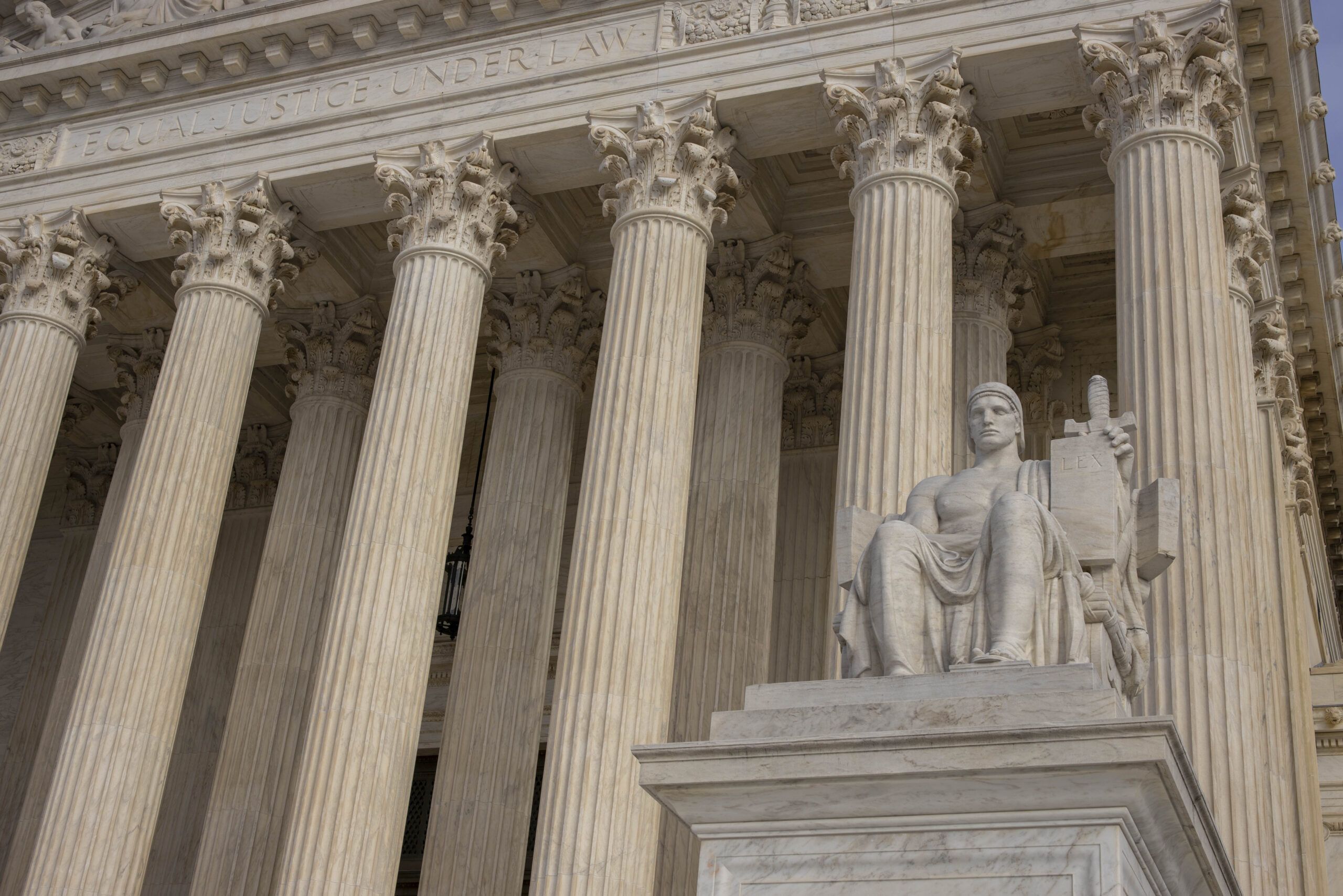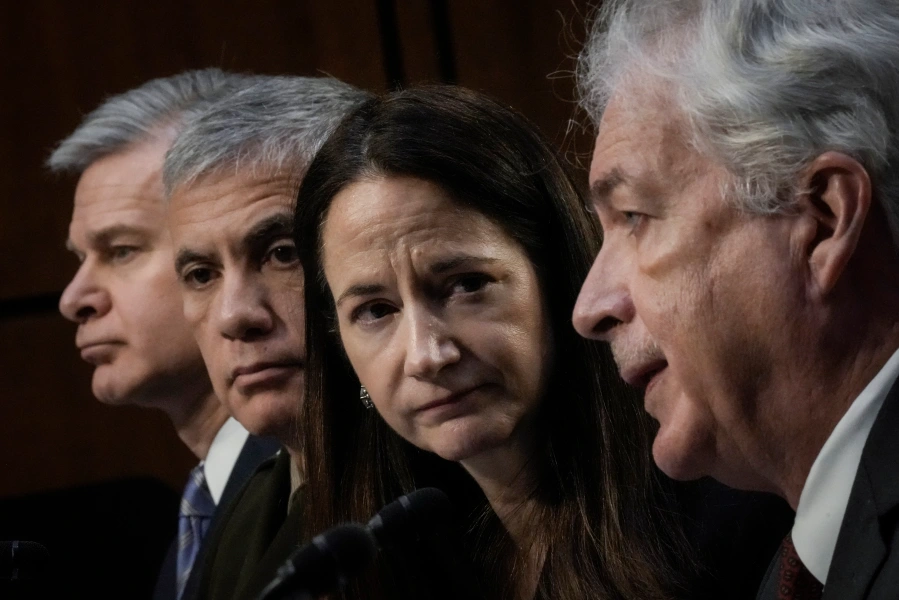
To Strengthen US National Security, Diverse Teams Should Be a Given

To Strengthen US National Security, Diverse Teams Should Be a Given
Republished granted by https://www.justsecurity.org/
Women’s History Month is an annual opportunity for the United States to remember and celebrate notable women – often “firsts” who have shaped the country’s course. The national security realm offers important signs of critical gains. And yet, we know there is more work to do to elevate women — and women of color in particular.
Glass ceilings were shattered in recent years at some of the most senior levels by the election of a woman of color as vice president and the Senate confirmations of the first women to serve as director of the Central Intelligence Agency (Gina Haspel, served 2018-2021), director of national intelligence (Avril Haines, since 2021), treasury secretary (Janet Yellen, since 2021), secretary of the Army (Christine Wormuth, since 2021), and deputy secretaries for both the Department of Defense (Kathleen Hicks, since 2021) and the State Department (Wendy Sherman, since 2021)). In fact, the current administration has hit a high-water mark of empowering women as senior leaders across the government, demonstrating that their pledge to pursue gender parity was more than words alone.
On Capitol Hill, Congress is also celebrating a few historic firsts in the wake of an outgoing female Speaker of the House, including having women in all four of the top positions on the House and Senate Appropriations Committees. The “Four Corners,” as the chairs and ranking members for the spending panels in the two chambers are called, are the key players in spending negotiations, in this case with yet another woman, Shalanda Young, the first Black woman to be director of the White House Office of Management and Budget. This is an extraordinary moment where, as Representative Rosa DeLauro (D-CT) noted, “People would say, ‘We have to give you a seat at the table.’ Hell, we are the table. It’s four of us here – five with Shalanda Young – who are controlling, really, the most powerful levers of government.” Why is this important? As Senator Susan Collins (R-ME) said, “Women bring different life experiences and different perspectives. And that’s why it matters.”
As we step over the broken glass ceilings, the inclusion of women — in all their diversity — at the top levels of national security decision-making table should remain a bipartisan pursuit that results in better outcomes. Perhaps the most pernicious argument used to defend the absence of women serving in these roles is that there aren’t enough candidates. Our organization, the Leadership Council for Women in National Security (LCWINS), has demonstrated that’s not the case; in our 3 ½ years of existence, we have assembled profiles of almost 900 women who are qualified and eager to serve in senior national security roles across the executive branch. The aim is to build on the awareness-raising and achievements of other organizations to reach (or surpass) gender parity at the highest levels of the national security ecosystem, regardless of the party in charge.
We brought together women from both parties to provide advice, tailored preparation (such as demystifying the nominations and Senate confirmation process), and a network of support for candidates selected to serve. A key element has been a growing bipartisan network of senior-level champions for women in the field, especially to elevate colleagues of opposing political parties into the most senior roles, because we know strong, diverse talent yields better national security and foreign policy outcomes. Other organizations have achieved tremendous strides toward diversity in national security as well, with steps such as mentoring for early career professionals, diversity networking and targeted education, or entry-level encouragement, just to name a few of the needs.
As the United States begins another presidential campaign season, it will be crucial to continue providing leadership, mentorship, talent identification, and a bipartisan network of women leaders and practitioners who are prepared to advance these objectives, regardless of the party at the helm of the executive branch. Building a diverse team with gender parity at all levels, leaders who look like America, and nurturing an inclusive culture should be a given for every future political leader, because it ensures that the best talent is in place to tackle the nation’s greatest challenges.
As Women’s History Month comes to a close, the message for women in the national security community going forward — from those at the highest levels of government to those early in their careers and everyone in between – should be: We see you. We hear you. We are here for you. And we want there to be more of you.
About the Author(s)
Shelly O’Neill Stoneman
Shelly O’Neill Stoneman (@StonemanSO) is Chair of the Leadership Council for Women in National Security (LCWINS)’s Board of Directors. She is Senior Vice President of Government Relations and a member of the Board of Directors at BAE Systems, Inc., and previously served as an advisor for three Secretaries of Defense: Robert Gates, Leon Panetta and Chuck Hagel.
Jamie Jones Miller
Jamie Jones Miller (@jjonesast ) is Vice Chair of the Leadership Council for Women in National Security (LCWINS)’s Board of Directors. She is the inaugural Dean and CEO of Northeastern University’s Arlington, Virginia, campus operating at the intersection of security and technology. She previously served as Principal Deputy Assistant Secretary of Defense for Legislative Affairs and Deputy Assistant Secretary of Defense, and is a thirteen-year veteran of Capitol Hill.